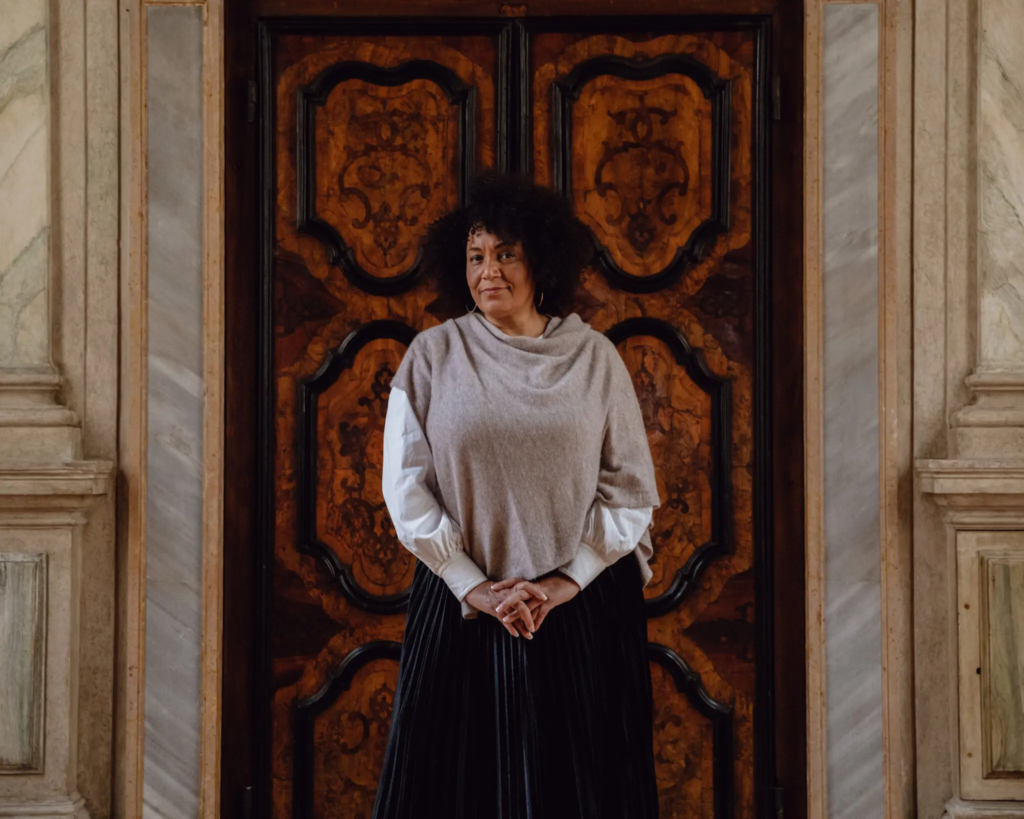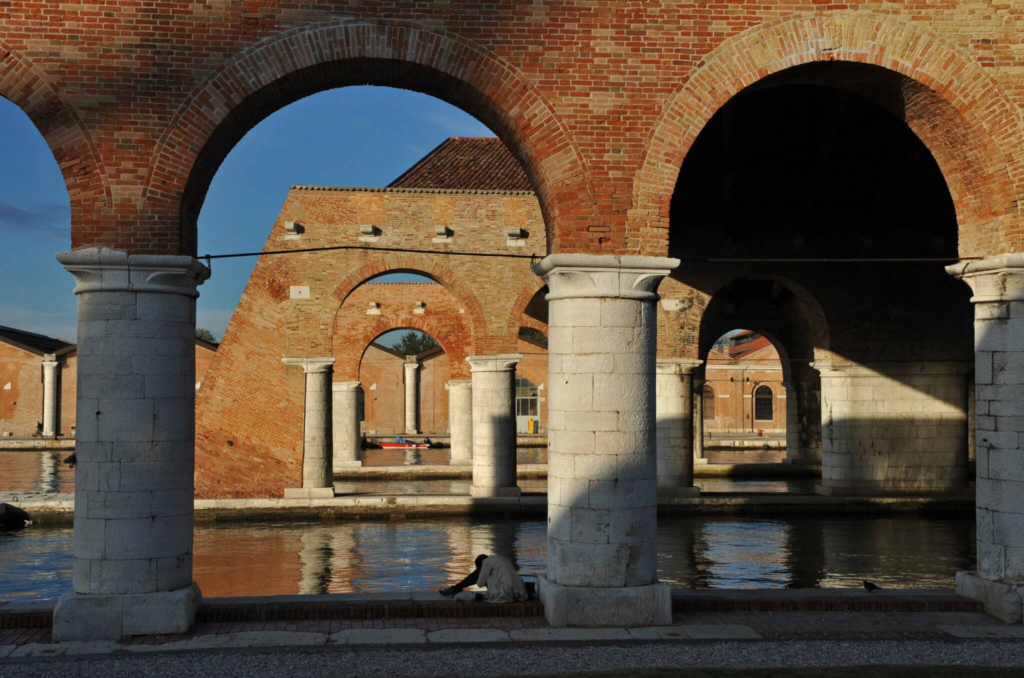It’s not three days after the appointment of the Ghanaian- Scottish Curator, Lesley Lokko as the Venice Architecture Biennale Curator, that she expressed her frustrations for this year’s event. As reported by the Architects Newspaper Lokko encountered issues with paying participants and securing visas for contributors.
The Venice Architecture Biennale is an event that architects, designers, critics, and enthusiasts look forward to. This year’s event is themed “The Laboratory of the Future” and curated by Lesley Lokko, who is the first African to curate the main event in the history of the Architecture Biennale. The event will feature 89 participants in the main exhibition, 63 national pavilions, and auxiliary events around Venice. Despite the high expectations and excitement, there are controversies and difficulties that the curator and her team are facing.

Image courtesy of The NY Times
In an interview with The Architects Newspaper earlier today, She states that her team in Accra has worked tirelessly to get funding to all the participants in almost 20 countries. This is because of taxation issues for almost six months. Her staff photographer, a Ghanaian photographer, has contributed photographs to the exhibition and the catalog, but he and the other teams have been denied visas by the Italian government, specifically the Italian Ambassador to Ghana, Daniela d’Orlandi, who accused Lokko of trying to bring “non-essential young men” into Europe.
The frustration is understandable, especially considering that the event centers on Africa and the African diaspora, but the people who have worked hard and contributed are being denied access. Lokko plans to highlight this absurdity and hypocrisy during the opening press conference. Furthermore, the Italian Ambassador to Ghana has accused Lokko of trying to bring ‘non-essential young men’ into Europe, which is a racist and sexist remark.

Despite these challenges, there are still several exhibitions, events, and discussions to look forward to during the Biennale. One of the exhibitions is “The Laboratory of the Future” which takes place in two parts, “Force Majeure” and “Dangerous Liaisons.” Force Majeure will be located in Giardini’s Central Pavilion, where “16 practices who represent a distilled force majeure of African and Diasporic architectural production have been gathered.” Dangerous Liaisons, on the other hand, will focus on the African diaspora and the concept of hybridization. Both exhibitions include African practitioners working in Africa, members of the African diaspora, and Western architects working in Africa.
Another exciting exhibition is the U.S. Pavilion titled “Everlasting Plastics,” which features six artists exploring the impact of plastics on the American Midwest. The exhibition aims to interrogate the toxic chemical relationship with the material to suggest new ways of framing the dependency on it.
In the Giardini, several national pavilions are curated by people with ties to the United States. The Korean Pavilion titled “2086: Together How?” is curated by Kyong Park, the co-founder of the New York-based Storefront for Art and Architecture. The Nordic Pavilion is curated by Carlos Minguez Carrasco, the former Associate Curator at the Storefront and now a curator at ArkDes in Stockholm, James Taylor Foster, and artist and architect Joar Nango.
Despite the difficulties faced by Lesley Lokko and her team in paying participants and securing visas for contributors, it is undoubted that she will do her best to bring together architects, designers, and enthusiasts from Africa and the world at large. The event features several exhibitions, events, and discussions that center on Africa and the African diaspora, hence it is important to get African participants to the event as the event focuses on the diverse and rich architectural practices of the continent and its people.


